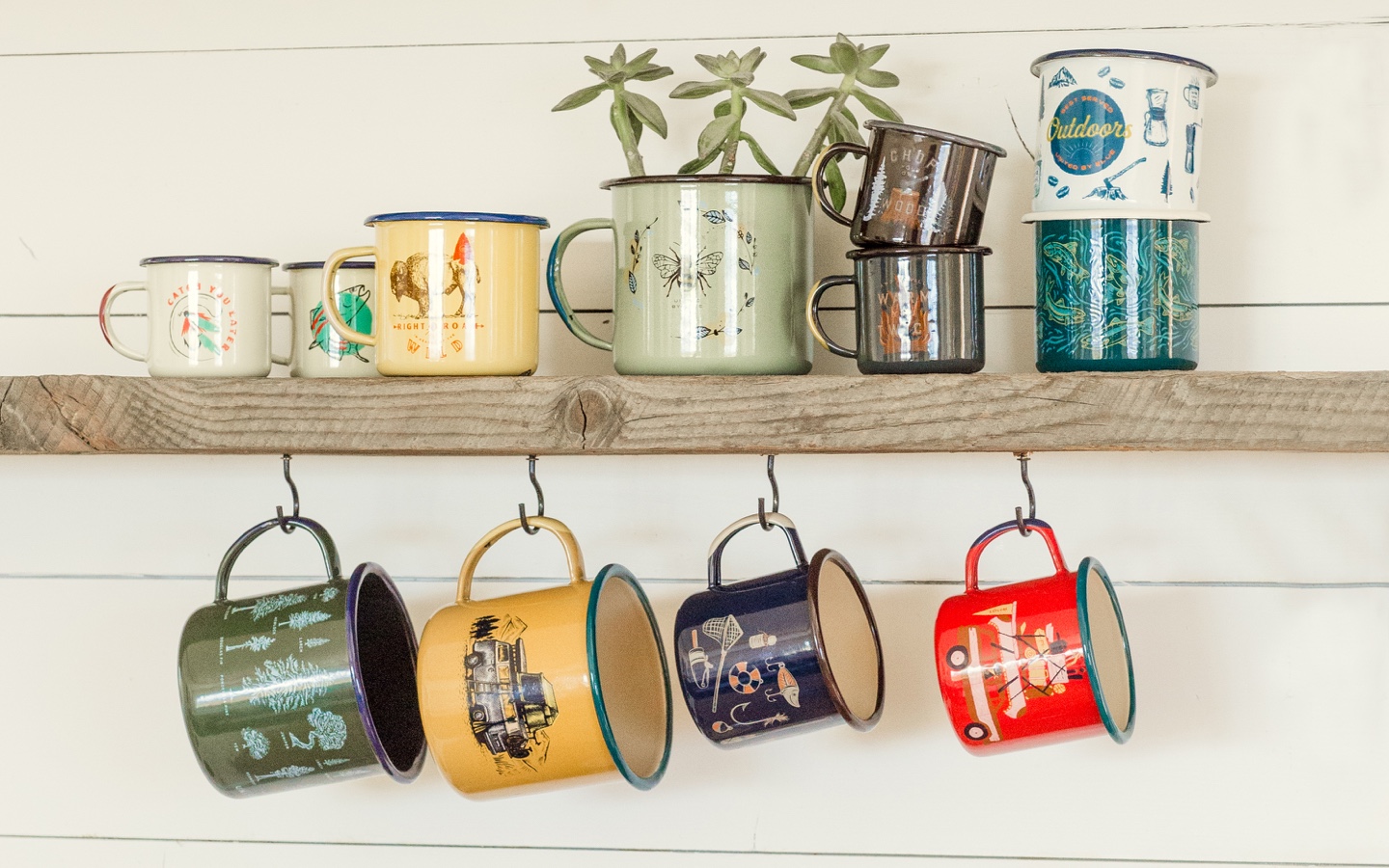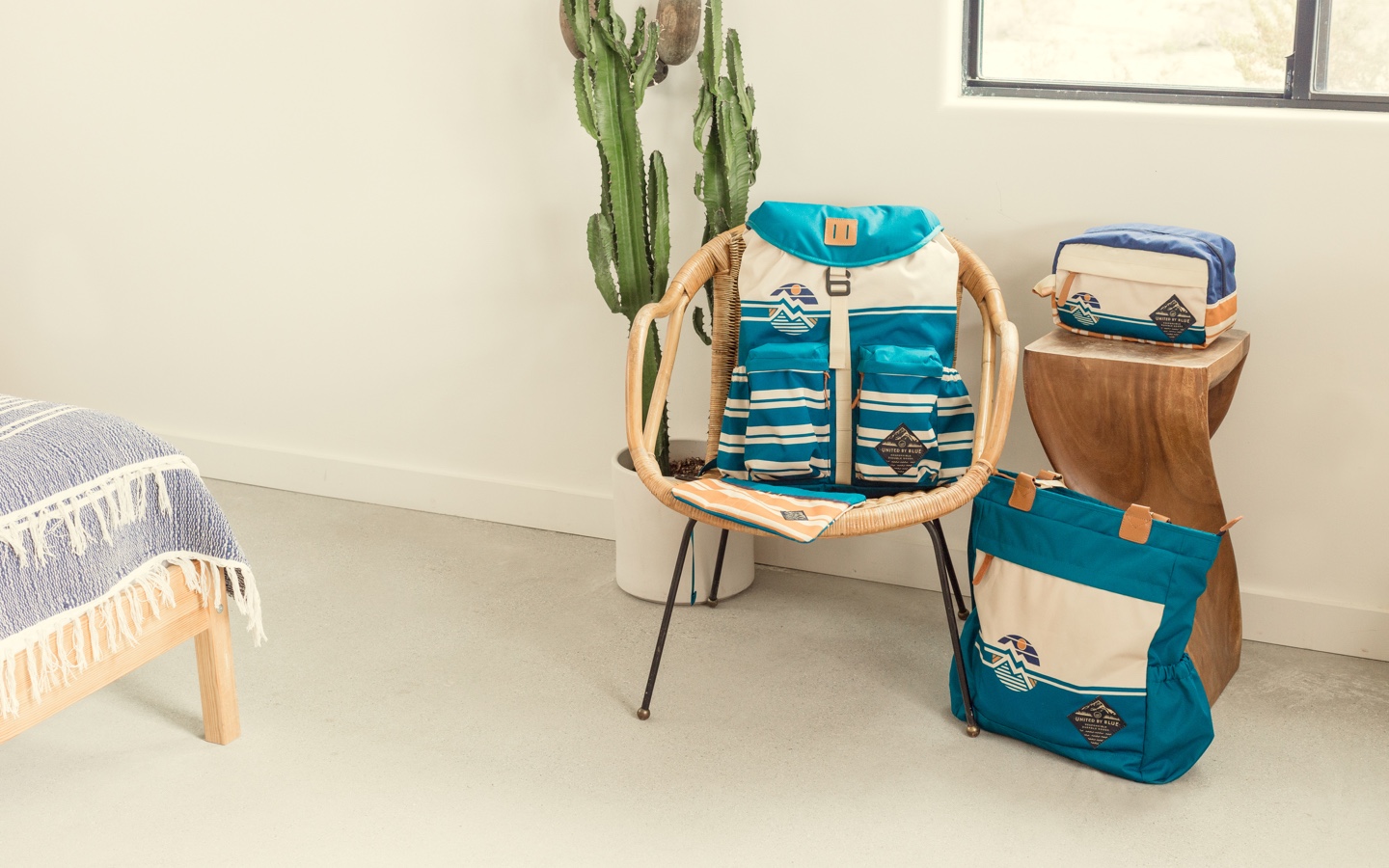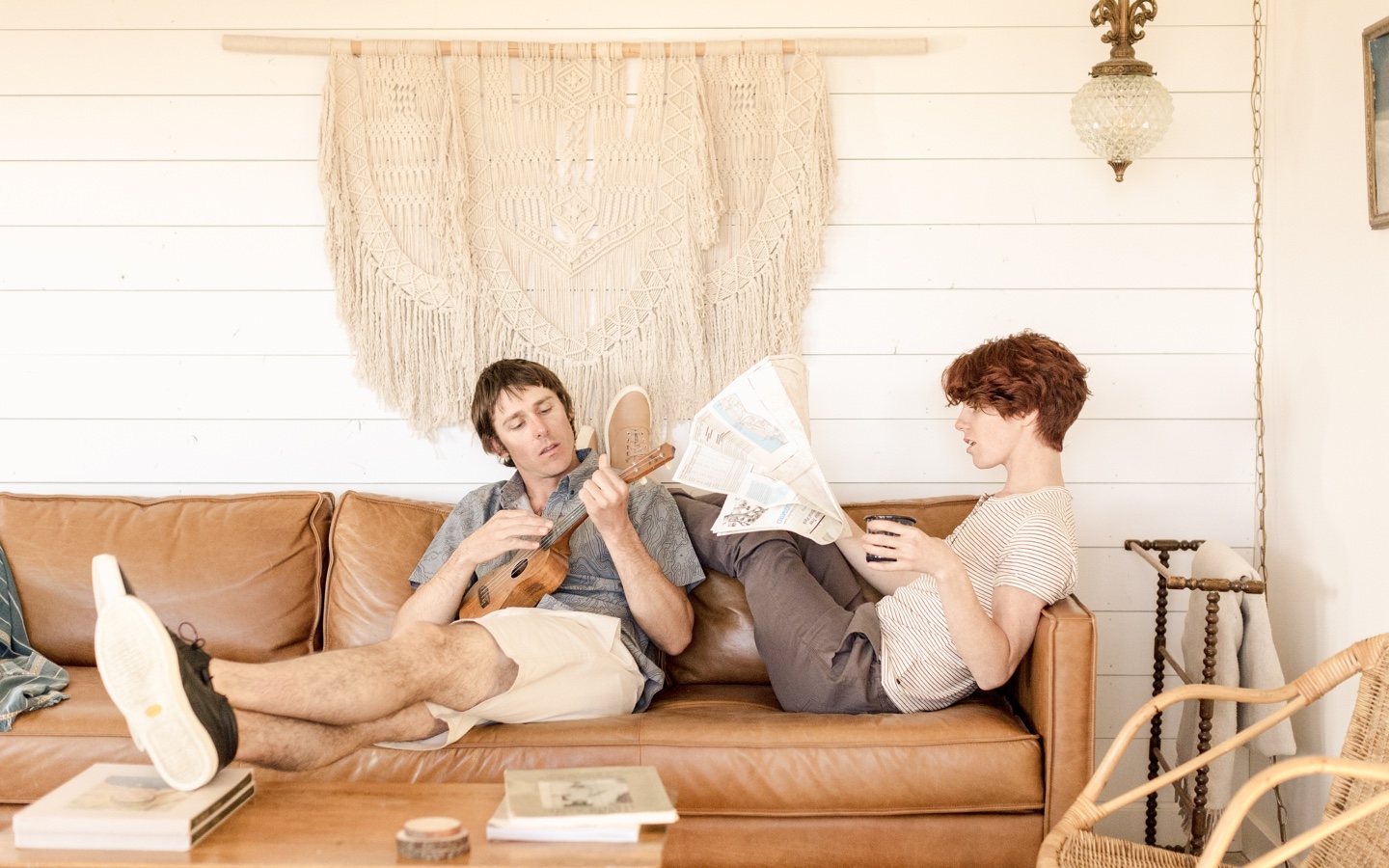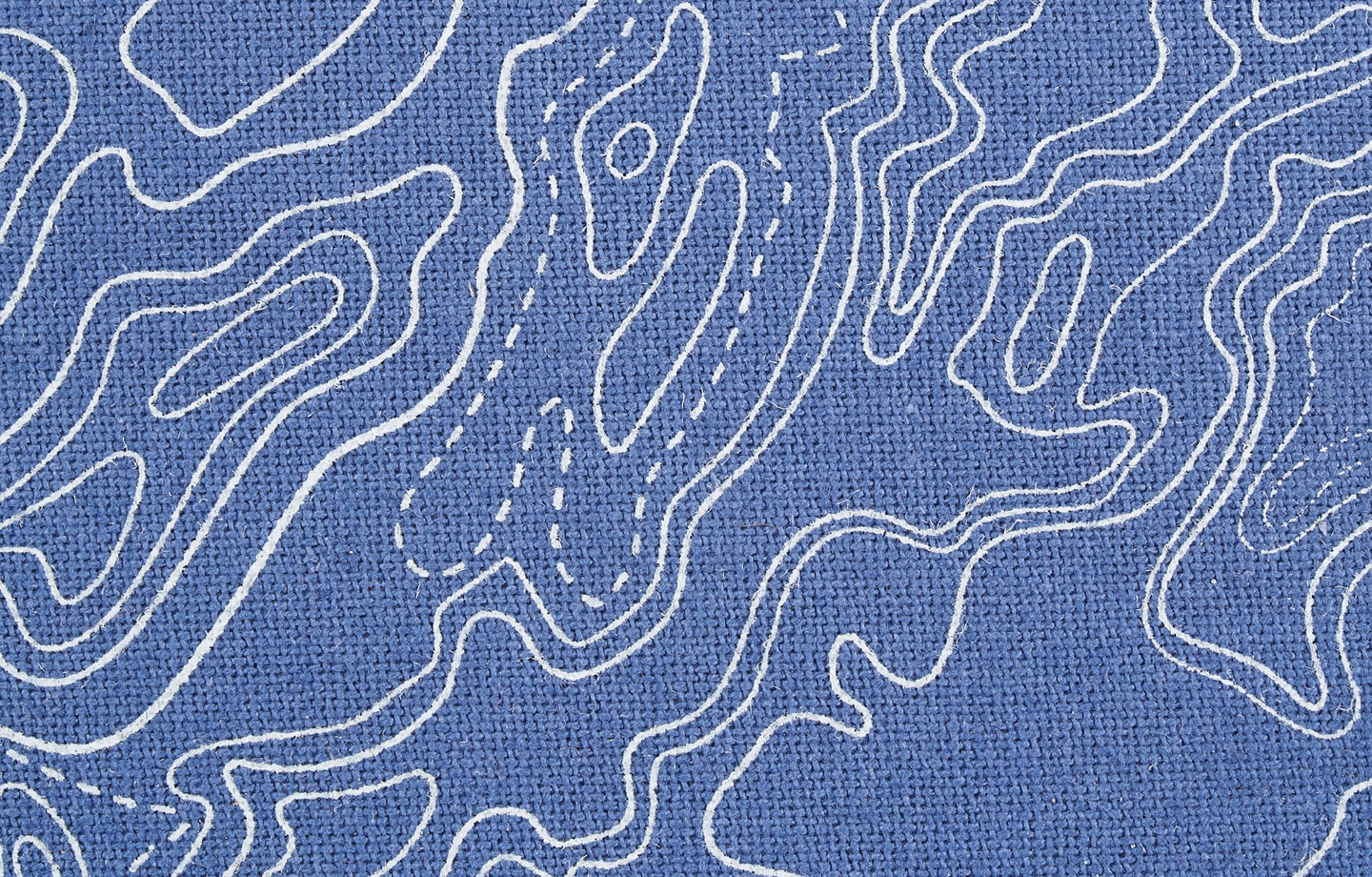It’s estimated that 14 billion pounds of trash end up in the world’s oceans annually — most of it plastic.
A daily estimate brings that number to around 33,356,154 pounds of trash (an equally unfathomable number). That plastic — plastic bags especially — is estimated to kill at least one million birds and marine animals every year. Allow that to sink in. One. Million. And it’s not just the ocean, this pollution is evident in nearly every waterway — stroll along a beach, river, or stream, visit your local swimming hole, lake or waterfall, and it’s there: bits and pieces of plastic, bottle tops, lighters, plastic utensils, the kind of everyday, humdrum items we may not think twice about using and discarding but could mean life or death for seabirds and aquatic life.
And the thing is that, unless we remove it, that plastic doesn’t magically disappear, it just gets smaller and smaller, joining the ranks of microplastics that put coral reefs and other forms of life at risk. We’ve all seen it, most of us who recycle or work to limit the single-use items that come into and out of our lives, are aware of the impact we’re

While some corporations are making earnest shifts to their supply chain, one example of which could be fast-fashion chain H&M, whose initiatives to recycle fabric and use “greener” production practices continue to cause controversy over whether or not they’re in earnest (the jury is still very much out), others make performative changes that are little more than greenwashing.
But every once and a
Who is United By Blue?
Founded in 2010 on the idea that a serious outdoor brand can — and should — be doing equally serious conservation work, United By Blue has been putting in the work since day one, and they’ve been a certified B Corporation since 2011 (read more about B Corp status and what it means here).
In fact, the company, which is known for
For every product sold, United By Blue has vowed to remove 1 pound of trash from the ocean.
That may sound like small potatoes, but to date, UBB has removed 2,215,725 pounds of trash from the sea and other waterways — and that number only grows as shoppers seek out sustainable and reusable alternatives to the items they depend on every day (you can visit the site for a live update on that fast-growing number).
With a mission to facilitate easy ways for customers to move towards a more sustainable lifestyle, United By Blue sells the kind of covetable eco-friendly items you’ll want to use again and again — and show off — along with gear that’s not only built for the outdoors but built sustainably. How sustainably? Think backpacks made from 100% recycled polyester, socks crafted from bison fiber (previously considered a waste product, no bison are harmed in the process), and an entire section devoted to their #QuitSingleUse mission to help shoppers change their habits. Because UBB isn’t just talking about quitting single-use, they’re working to eliminate it entirely from their supply chain by 2020. For those keeping track, that’s this year.
Quitting Single-Use
On World Oceans Day 2020, also known as Monday, June 8th, United By Blue has committed to reporting back on their initiative of removing ALL single-use plastics from their business operations and supply chains. What does this mean? It means they’re walking the walk of the standards they’re asking of their customers. Can a company really call itself 100% green if they’re promoting sustainable items while using plastic in their supply chain? It’s a tough call, but one that UBB is actively minimizing by constantly working to do better. This initiative includes quitting the following single-use items:
- Poly Bags: These are the bags that clothing items often arrive in when you order online, they’re usually used to keep items safe in transit. In 2019, United By Blue used 431,920 bags and by February of this year, their goal was 0. Alternatives for poly bags include rolling apparel items, wrapping them in tissue and using paper bands.
- Swift Tags: Swift tags are those little lengths of plastic that clothing tags hang from and that keep pairs of socks and gloves safely held together. They may seem small, but those swift tags add up: UBB used 5,134 tags in 2019. Alternatives they’re exploring include metal clips and twine.
- Bubble Wrap Sleeves: Bubble wrap sleeves are basically polybags made from bubble wrap, used to protect more fragile items, like candles or glasses. In 2019, United by Blue used 15,642 bags and have a goal of zero by World Oceans Day. Alternatives that could take their place include shredded cardboard and wood pulp cartons.
- Binder Sleeves & Office Plastic: Binder sleeves are those thin plastic sleeves made to fit within a binder and hold sheets of paper, along with other pieces of single-use plastic that come with office life. In 2019, United By Blue used 255 sleeves, but that’s not including the small items of single-use that make their way into office life. Because these sleeves aren’t 100% necessary, the United By Blue workforce is exploring ways to change their own habits in order to eliminate them entirely.

While these items make up a large percentage of the single-use plastic in the United By Blue supply chain, the list goes on and includes plastic tape, plastic fabric sleeves, and plastic shrink wrap. Besides the incredible numbers behind these items (149,248 feet of shrink wrap used in 2019 alone!), what’s remarkable about these numbers is that they’re available at all. United By Blue is one of the few companies out there who are transparent about their practices: their usage and how they’re trying to change, along with any shortfalls. They’ve made it clear that this report will come out on World Oceans Day of this year regardless of whether or not they’ve met their goal, using it as a means to reflect on challenges that may have arisen, expected or unexpected, and a way to communicate their commitment to their customers.
Join a Cleanup (Not Yet But Soon)
Communicating openly with their customers isn’t the only way United By Blue is getting involved with their community. UBB has hosted community cleanups almost since day one, and these aren’t your average trash pick-up days (no shade, every little bit helps). I first discovered United By Blue while living in Philadelphia, and was able to participate in several cleanups, which involve hauling every conceivable piece of trash one can unearth and
This year, United By Blue will be hosting cleanups across the country as part of their 2020 Waterway Cleanup Tour, but for those who can’t participate or don’t live near a cleanup, you can order a DIY Cleanup Kit to take part remotely and record your data (or just take inspiration and put together your own using similar items).
While we are unable to sign up and take part in any community cleanups at this time, we can always keep this in mind for when the time is right.

As the discussion of single-use and sustainability continues to be at the forefront of our minds in the face of climate change, here’s hoping more companies will follow in the footsteps of United By Blue and make the pledge to #QuitSingleUse for the betterment of us all.
Have you participated in a United By Blue cleanup? Share your story with us on social by tagging @AvocadoMattress and #AvocadoGreenMagazine!

Shop Pillows
The Essential Organic Pillow Collection
Gentle, breathable, non-toxic support.






